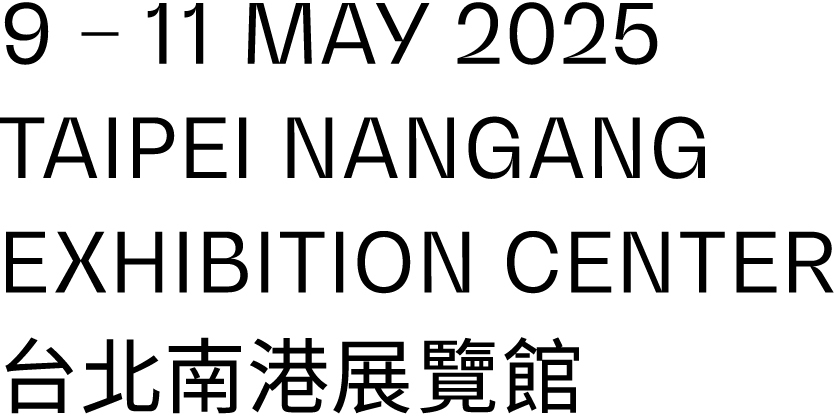We use cookies to ensure that we give you the best experience on our website. You can view our privacy policy by clicking the following links Privacy Policy Cookie Policy
2025 Ideas Forum: Braided Strands of Fate
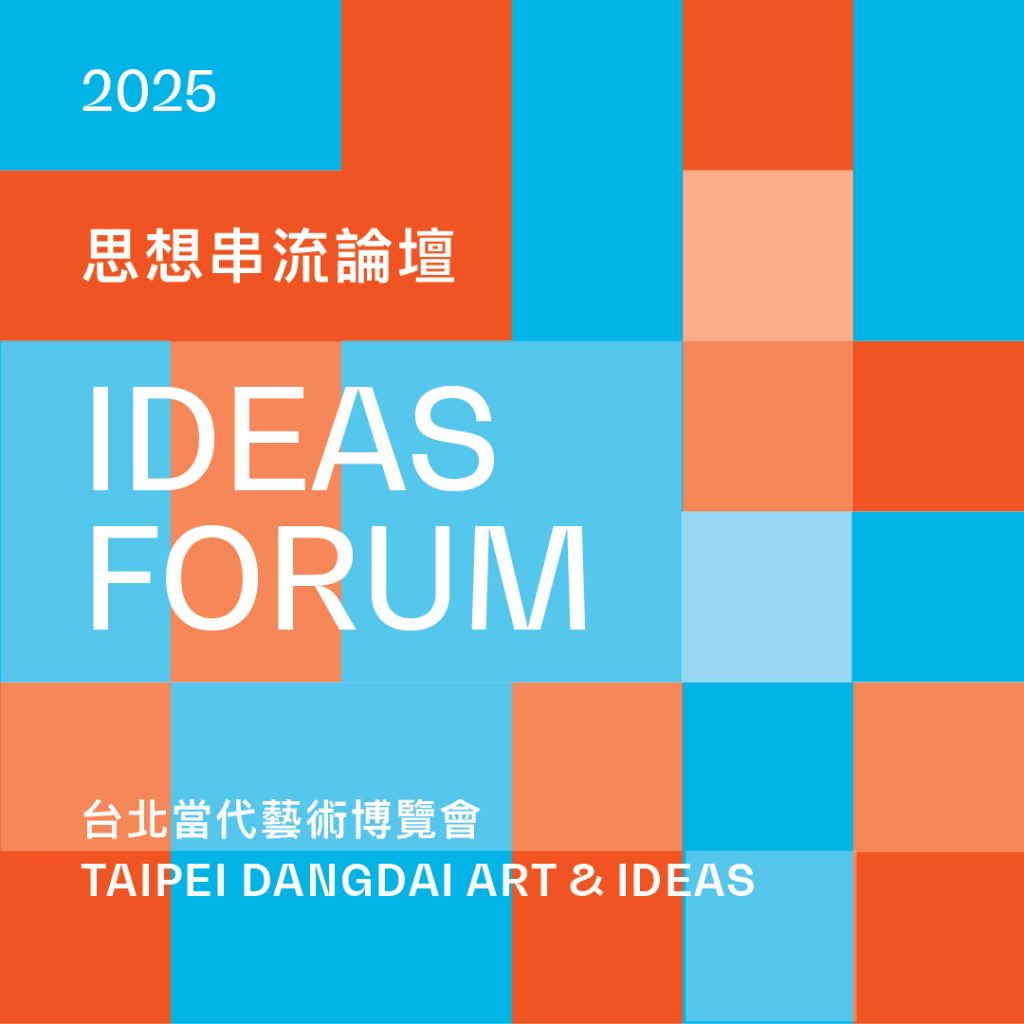
In 2025, the Ideas Forum series of talks and panels alongside the art fair takes on the big question of how we connect across cultures and across polities in an era of polarization and suspicion.The term fate—yuan (緣)—is often understood in daily life as a bond of human affinity or serendipity, but it also underpins concepts such as geopolitical relations, emphasizing the pull between geography, culture, and domination.Titled “Braided Strands of Fate,” the Forum invites important curators and other art thinkers to share their practices and ideas of weaving together geographies, spiritualities, and materialities.
Titled “Braided Strands of Fate,” the Forum invites important curators and other art thinkers to share their practices and ideas of weaving together geographies, spiritualities, and materialities.
One panel will evaluate “The State of the Asian Biennial,” inviting the curators of recent and upcoming landmark exhibitions to publicize their research. On Saturday, researchers will present changing concepts of global indigenous culture. Two panels will look at the materiality of art’s circulation, one asking questions about digital art and its economies, the other proposing radical new modalities of the relationship between art, craft, and design as seen in the Fair’s new Embody sector.
9 MAY
1:30 PM-3:00PM
Ceremony: Edge Award for
Emerging Artists
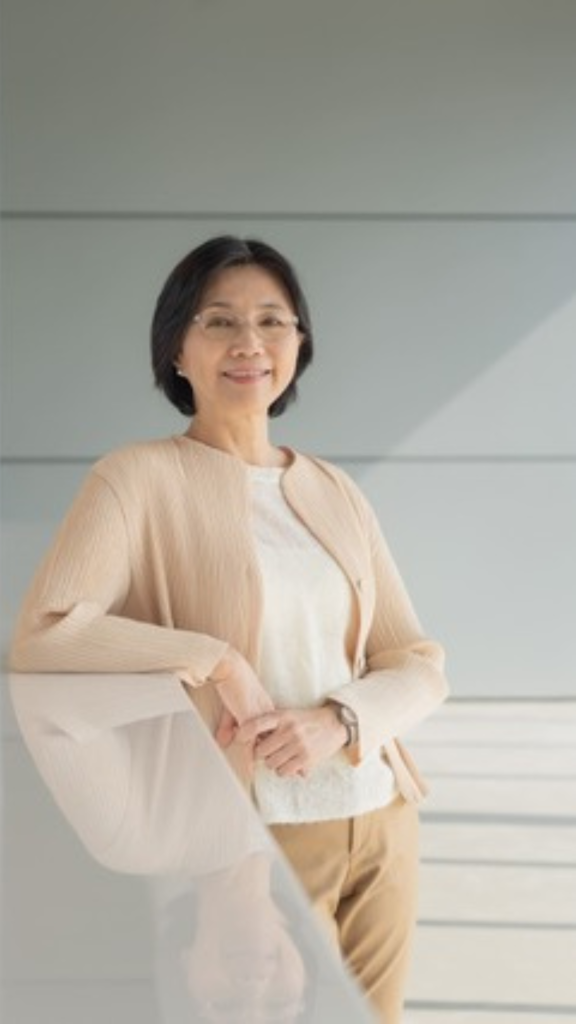
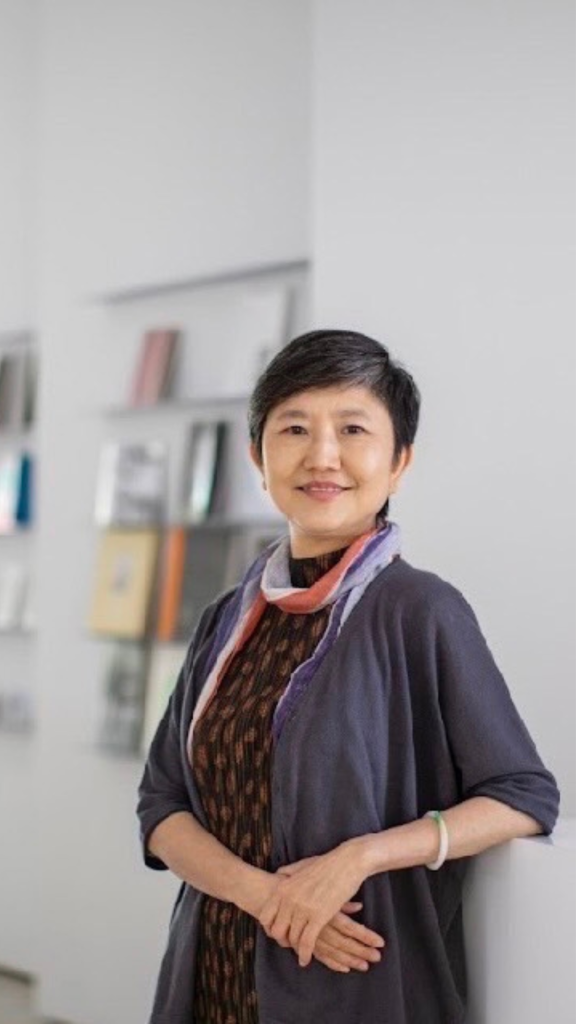
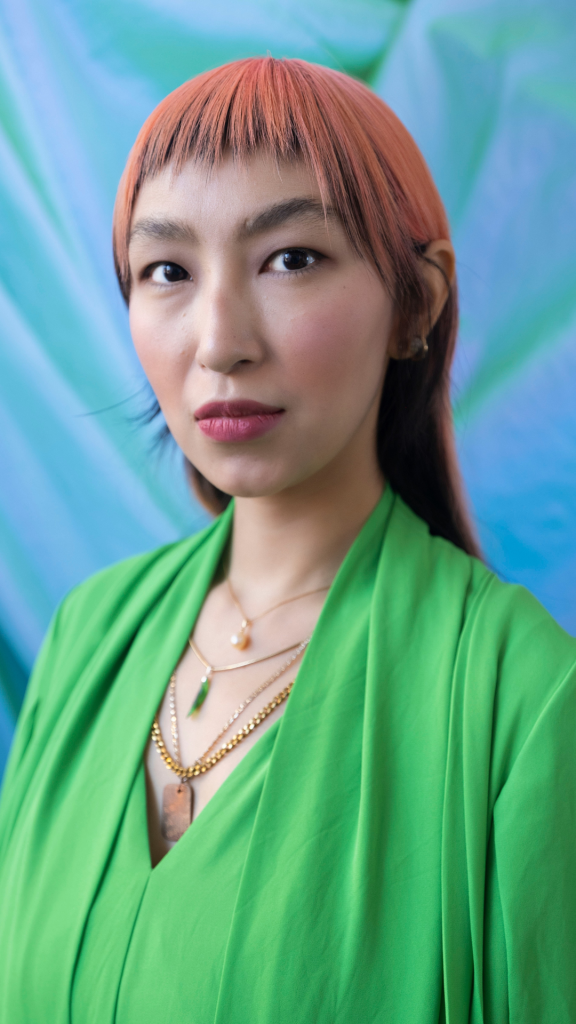


Jurors:
Stefano Rabolli Pansera, Founding Director, Bangkok Kunsthalle and Khao Yai Art Forest
Lai Hsiang-Ling, Director, New Taipei City Art Museum
Lee Yulin, Director, Asia University Museum of Modern Art
Mark Rappolt, Editor-in-Chief, ArtReview and ArtReview Asia
X Zhu-Nowell, Executive Director and Chief Curator, Rockbund Art Museum
9 MAY
3:30PM-5:00PM
The State of the Asian Biennial
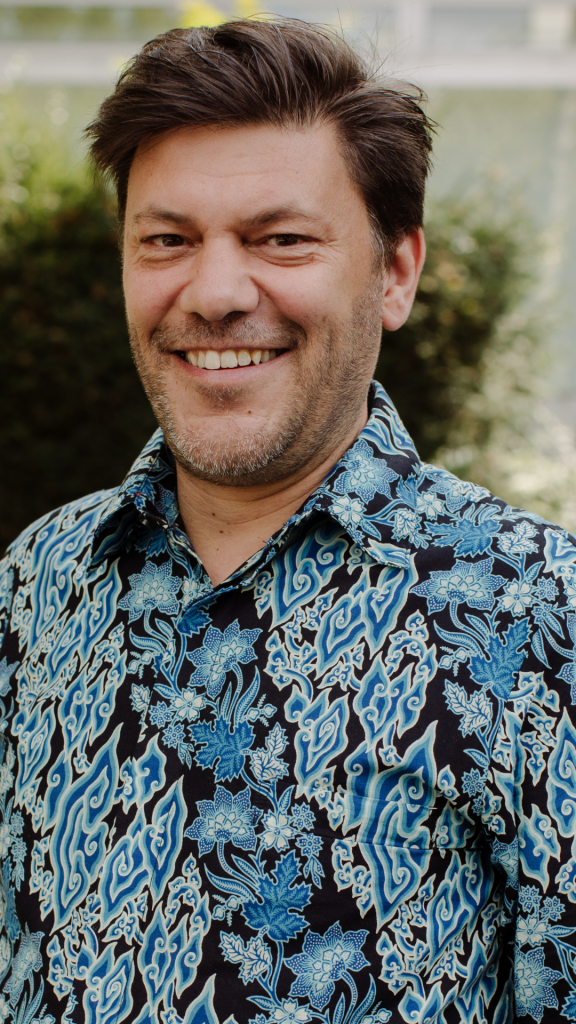
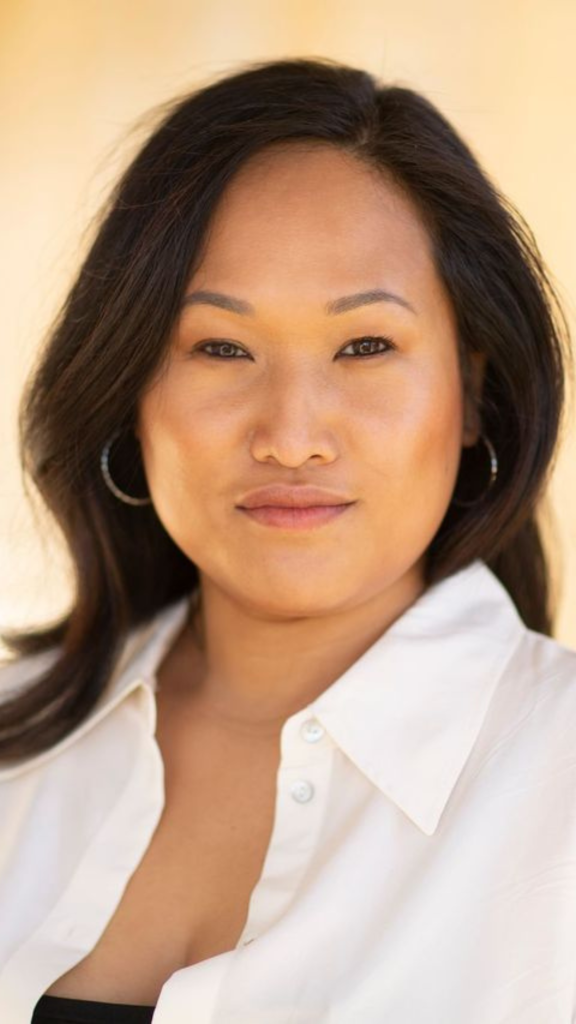
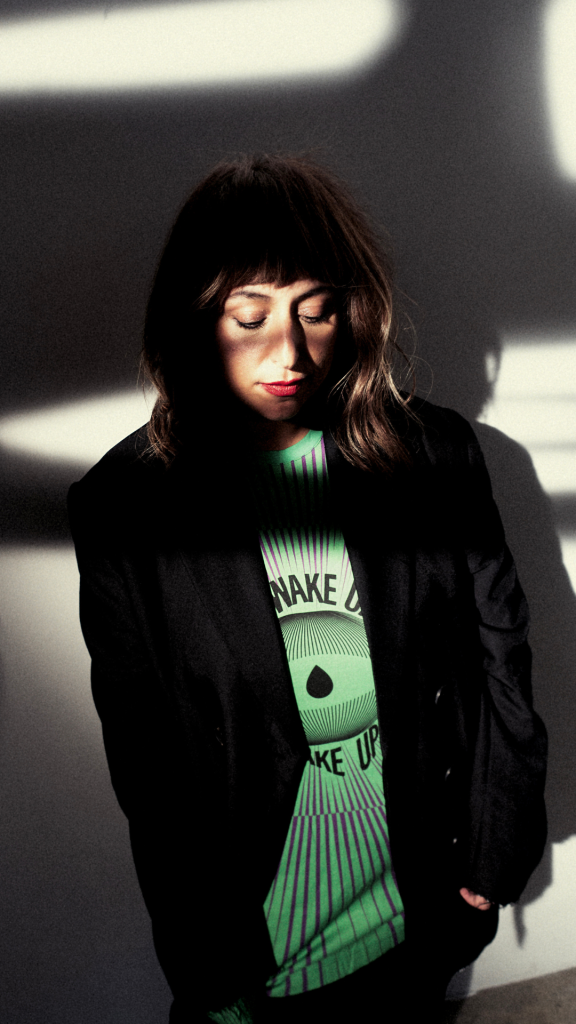
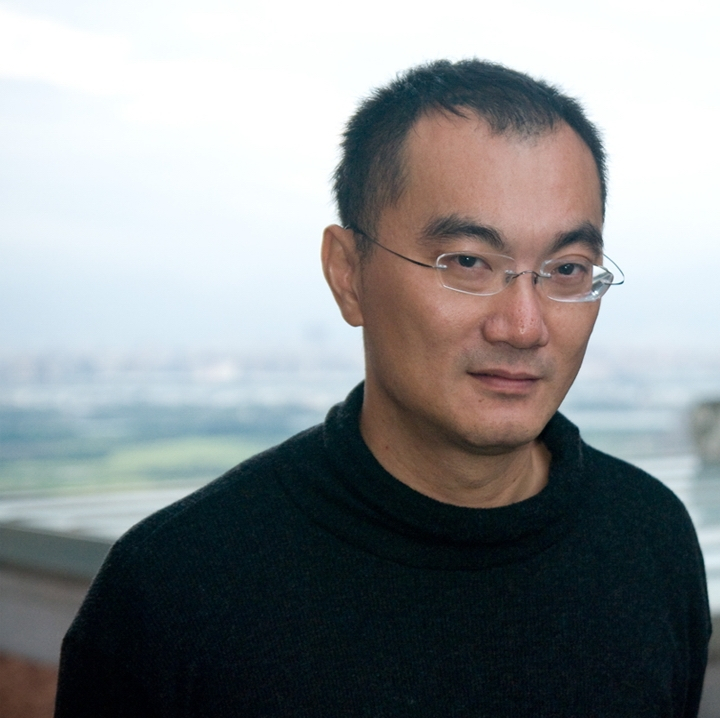

Speakers:
Hoor AL Qasimi, President and Director, Sharjah Art Foundation
Philippe Pirotte, Curator and educator, art history professor at the Städelschule Frankfurt am Main, Germany
Vera Mey, Art historian and curator, Tutor (Reasearch) Royal College of Art / Curatorial Research Fellow of the Asia Triennial Manchester 2025
Sam Bardaouil, Curator of Taipei Biennial 2025/Director, Hamburger Bahnhof – National Gallery of Contemporary Art
Honhjohn Lin, Curator and Writer/ Curator, 6th Asia Triennial Mancgester (ATM6)/Professor, Graduate School of Transdisciplinary Art, National Taipei University of the Arts
As crucial nodes within the global art system, biennials are increasingly contending with structural transformations and shifting institutional paradigms. This session convenes curators and institutional leaders from major Asian biennials scheduled between 2024 and 2026—including those in Gwangju, Aichi, Busan, Sharjah, and Taipei. Speakers will share their curatorial visions and reflect on how Asian perspectives can actively respond to current global dynamics, including cultural flows, political pressures, and evolving exhibition frameworks. A special segment will highlight the curatorial direction of the upcoming Taipei Biennial.
10 MAY
1:30PM-3:00PM
Global Indigeneity

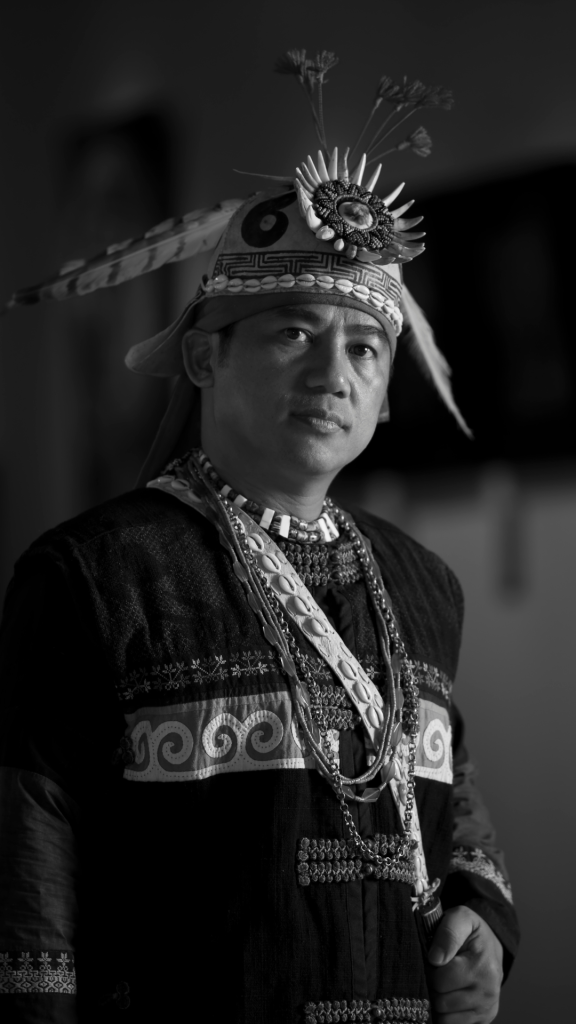
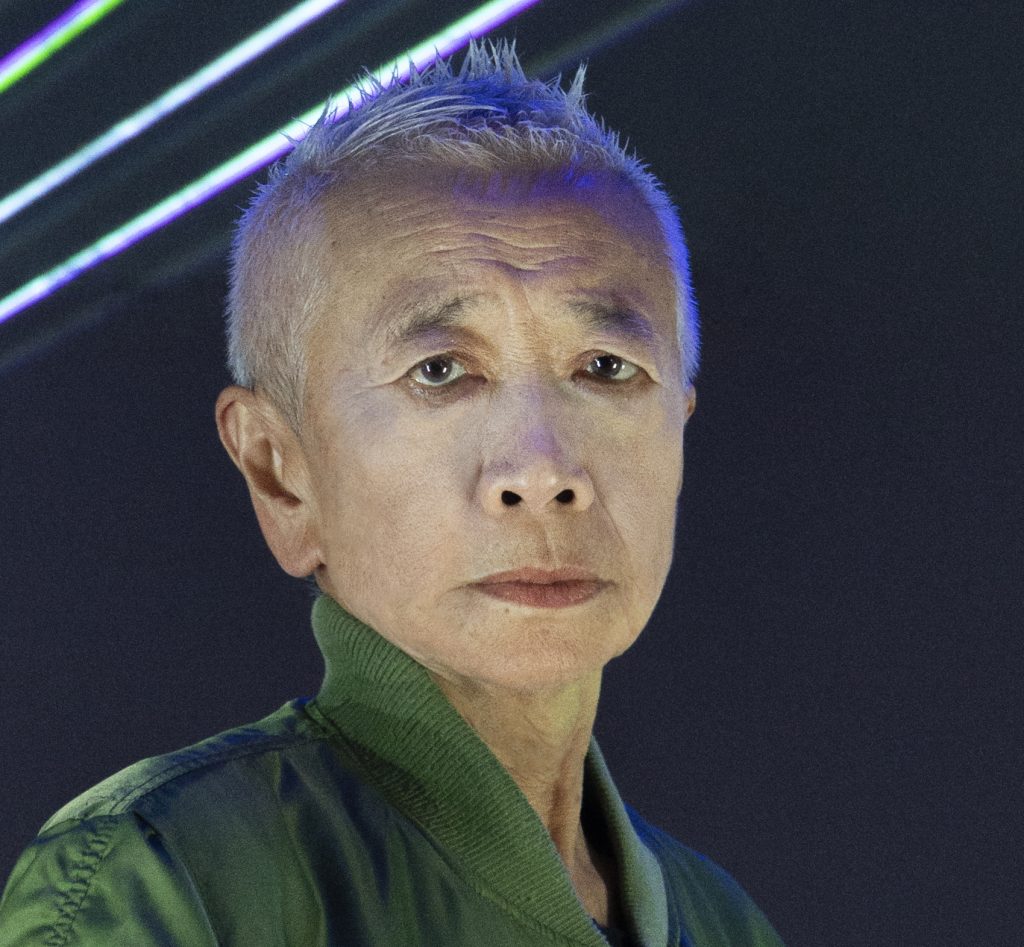
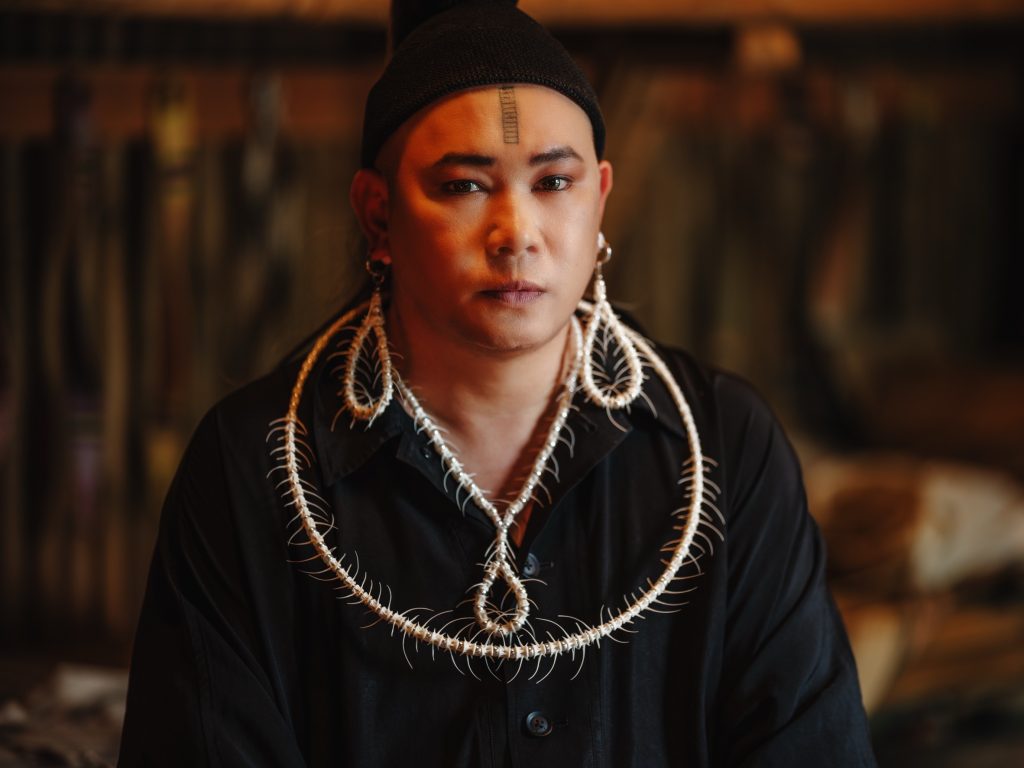
Speaker:
X Zhu-Nowell, Executive Director and Chief Curator, Rockbund Art Museum
Abhijan X, Artist, Curator and co-founder of the Forest Curriculum
Etan Pavavalung, Artist
Cheang Shu Lea, Artist
Dondon Hounwn, Artist
In the context of contemporary art’s globalization, Indigenous peoples are no longer merely subjects of observation but active participants in the production of knowledge and culture. This session focuses on how Indigenous artists and curators use artistic practice to reconstruct cosmologies, challenge dominant epistemologies, and respond to their cultural realities. Through case studies from museum curation, forest-based knowledge networks, and community-driven cultural transmission, the conversation opens up a dialogical space across geographies and cognitive systems, showcasing the co-existence and interweaving of multiple worldviews.
10 MAY
3:30PM-5:00PM
Indigenous Art at the Global Biennials
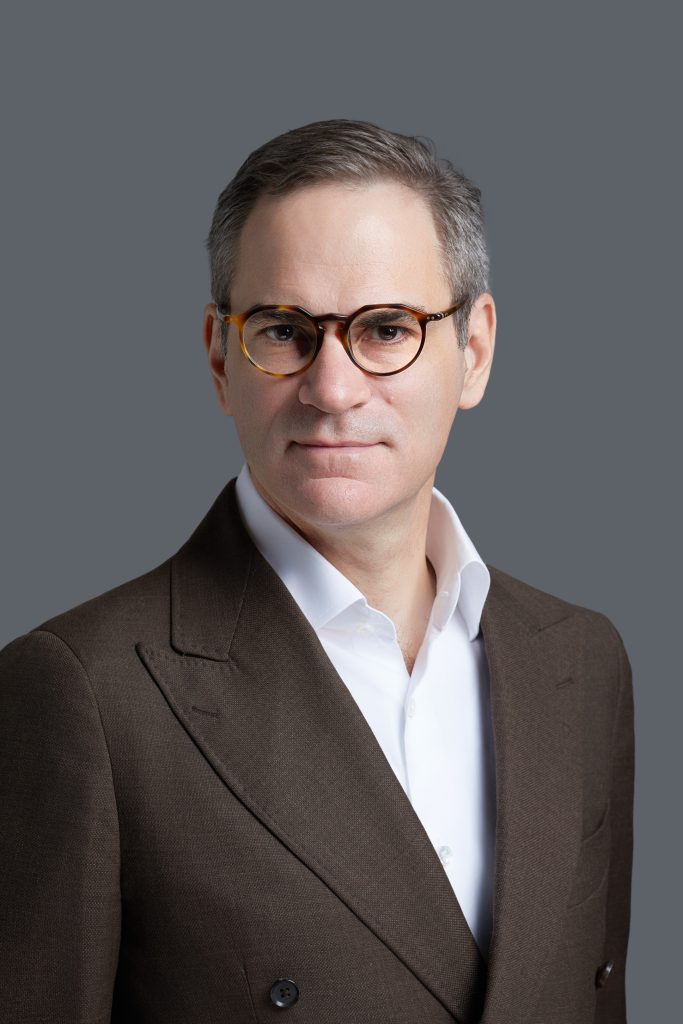

Speakers:
Philip Tinari, Director, UCCA Center for Contemporary Art
Eva Lin, Independent curator, Curator of Jogja Biennale 2025
Indigenous art is rapidly becoming central to the curatorial agendas of international biennials—a rise that also signals a profound shift in exhibition ethics and knowledge systems. Compared to the global context, Taiwan began engaging with Indigenous art and cultural issues at an earlier stage, gradually building substantial curatorial experience.This panel highlights curatorial practices from Taiwan, the Middle East, and Europe, exploring how Indigenous art serves as a conduit for land, language, and environmental consciousness, while responding to colonial histories and the call for cultural decentralization. Speakers will share the challenges and breakthroughs they have encountered in the field and reflect on how Indigenous perspectives are reshaping exhibition vocabularies and asserting a vital role in global cultural discourse.
11 MAY
1:30PM-3:00PM
Digital Art and Its Markets
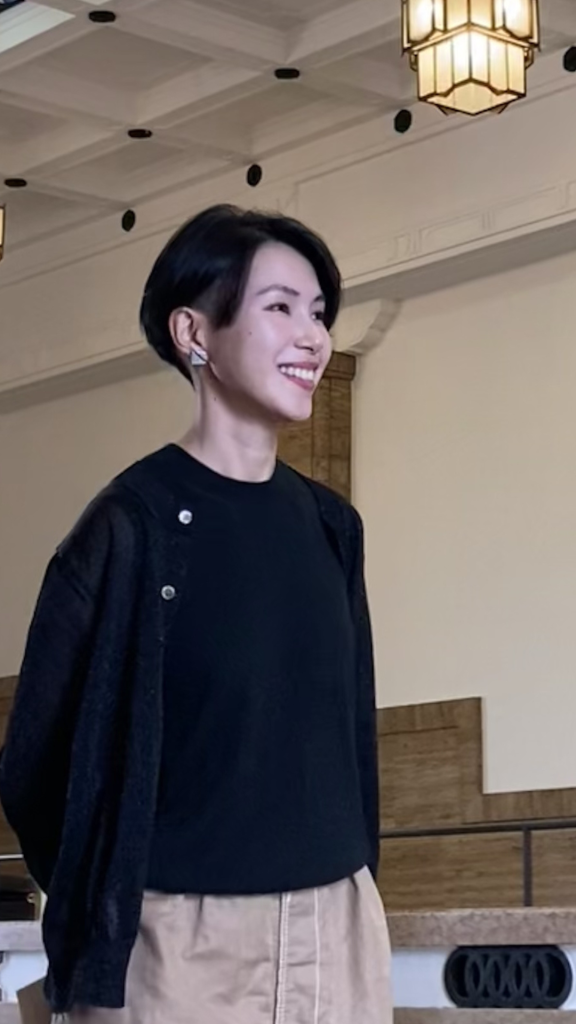
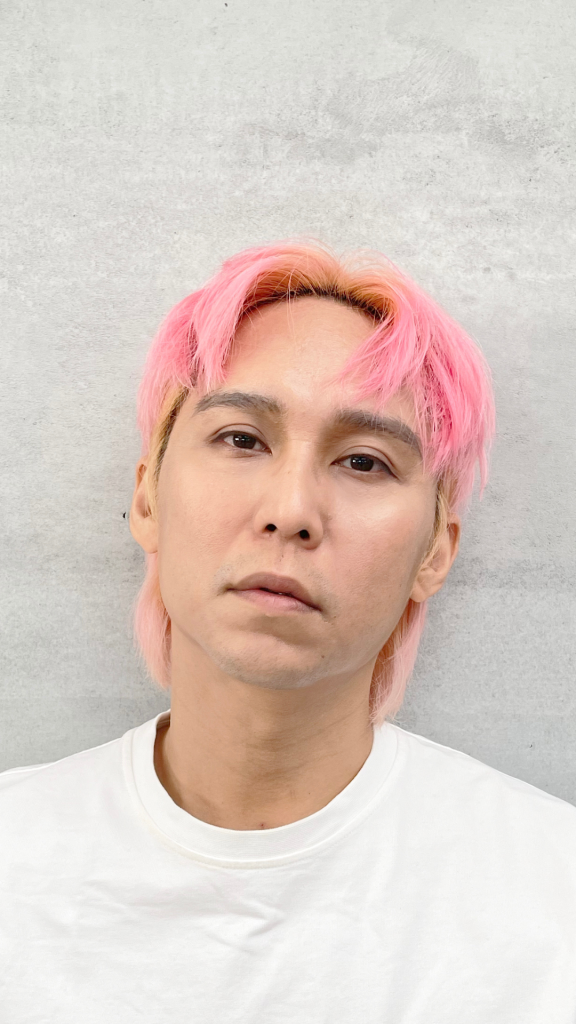

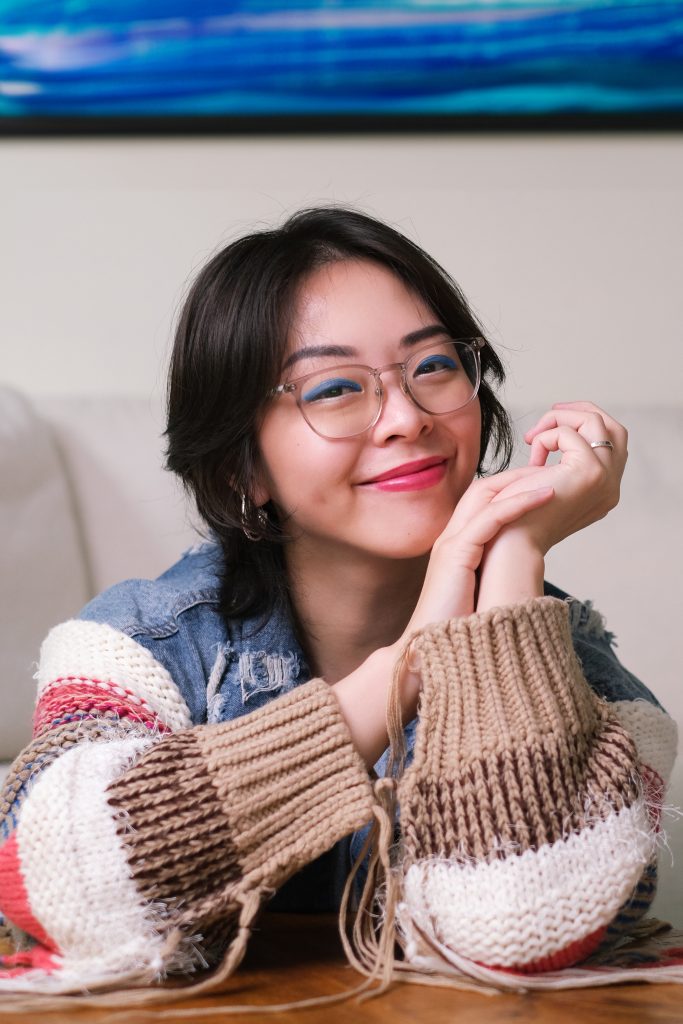
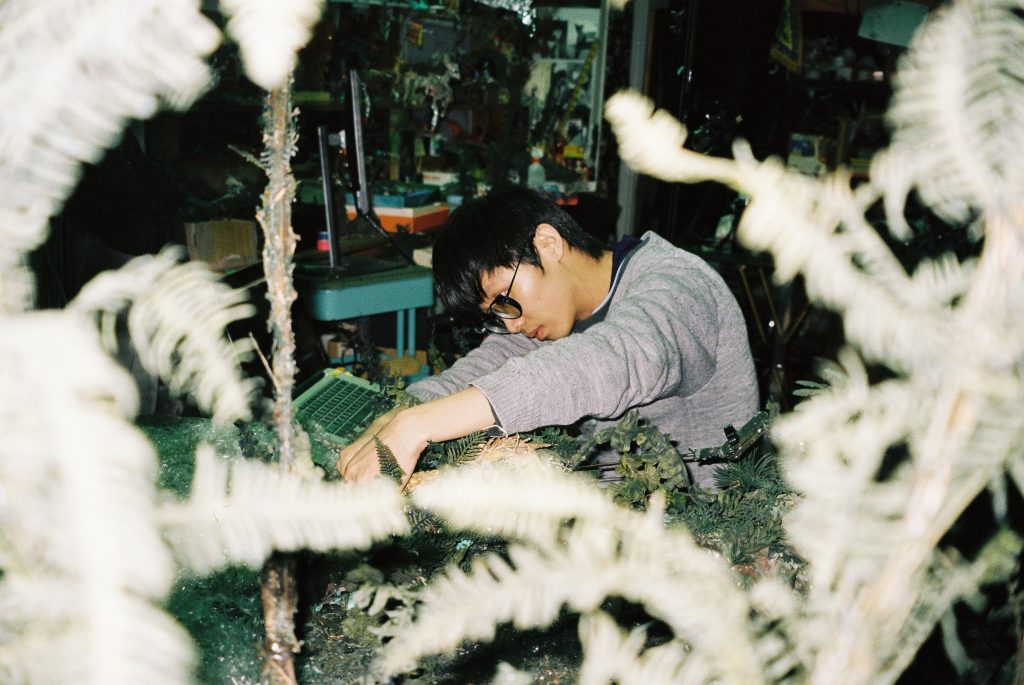
Speakers:
Shao-An Huang, Program Supervisor, Hong Foundation
Su Hui-Yu, Artist
Zhang Xu Zhan, Artist
Stefanie de Regel, Chief Development Officer, TAEX.
Shavonne Wong, Artist
As artistic production enters the realms of blockchain and algorithmic logic, the relationship between art and its market is being fundamentally rewritten. This session focuses on the strategies and practices of Taiwanese artists navigating a global technological environment. From animation and generative art to virtual models and moving images, artists will discuss how they maintain criticality, experimentation, and cultural responsiveness at the intersections of digital economies and platform governance. The panel offers a deep exploration of digital labor, value translation, and platform ethics in the age of computational culture.
11 MAY
3:30PM-5:00PM
Crafting Futures
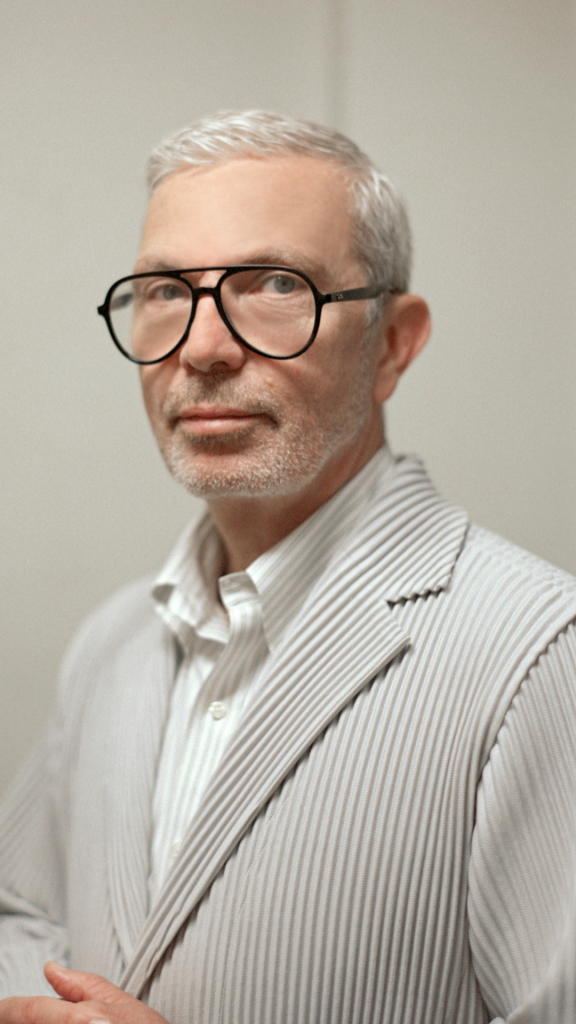
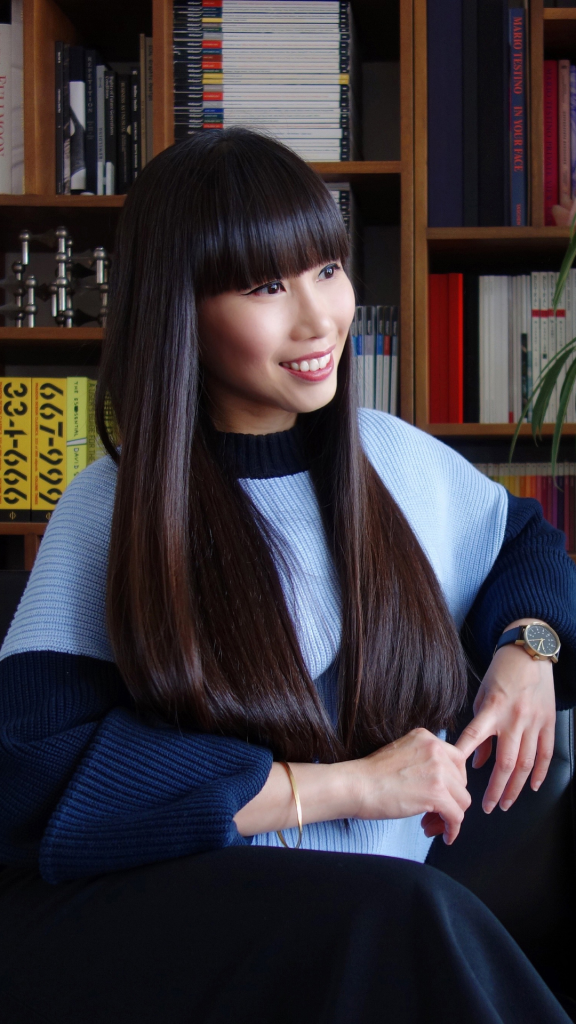
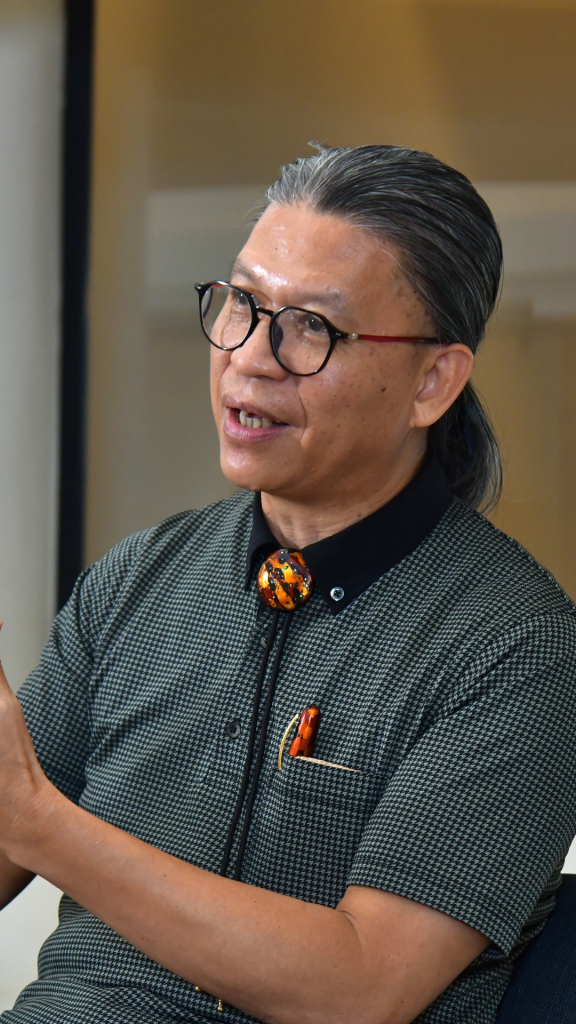
Speakers:
Nicolas Trembley, Art critic, curator, and advisor, and Director of The Syz Collection for Contemporary Art
Yoko Choy, China Editor of Wallpaper* and Creative Consultant
Chen Tien-Li, Director, The National Taiwan Craft Research and Development Institute
Craft is not merely a remnant of cultural heritage—it is a vital site of contemporary life, vernacular technique, and functional aesthetics. This panel invites curators and experts who have long engaged with folk craft, design, and material practices to revisit the role and positioning of local craft in contemporary society. The discussion will explore how craft is evolving in response to industrial transformation and material shifts, proposing new narrative frameworks and modes of production, and ultimately seeking to articulate a renewed definition and future direction for what contemporary craft can be.



